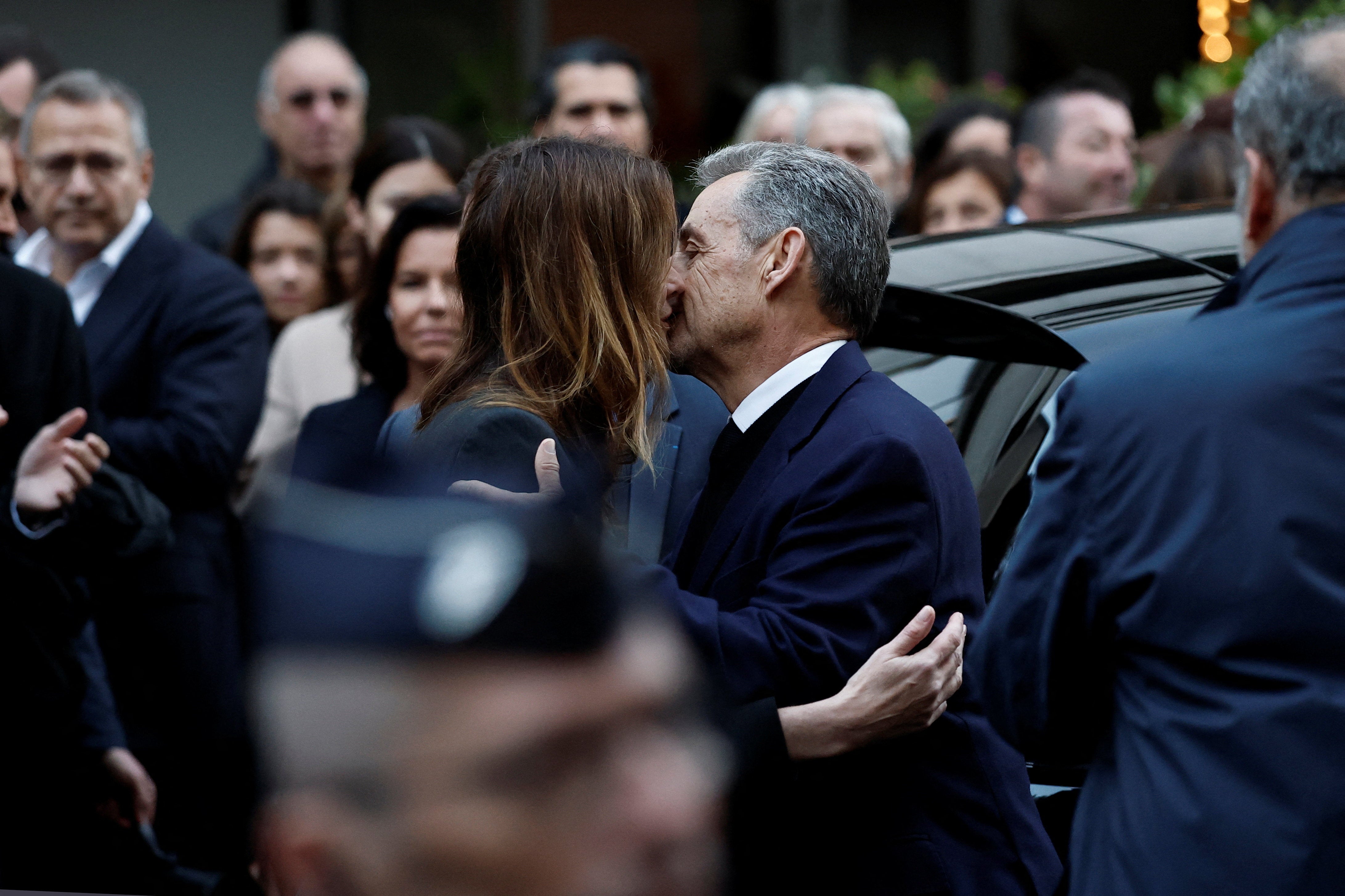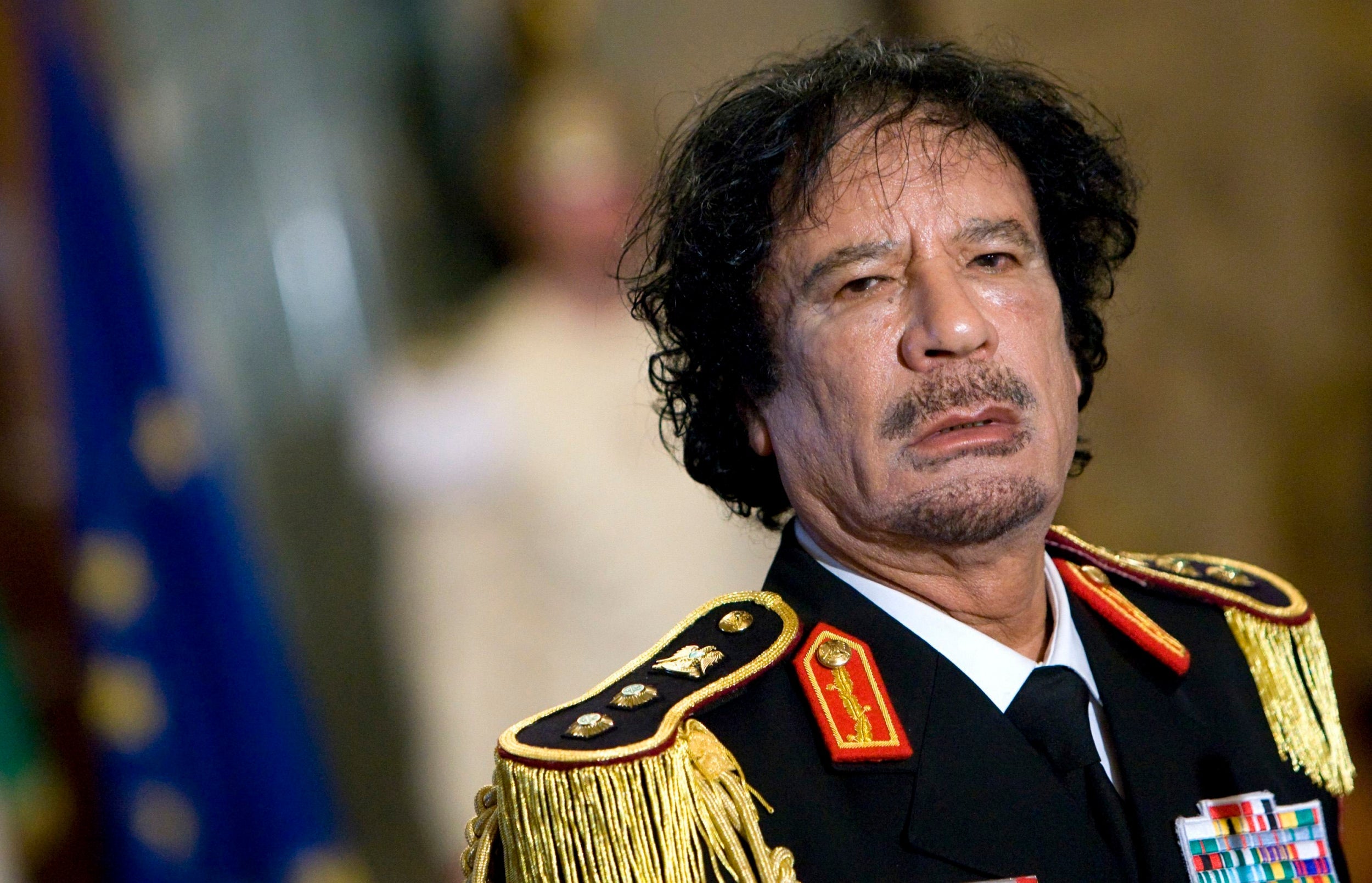Former French president Nicolas Sarkozy was freed from jail on Monday after serving just three weeks of a five-year sentence for criminal conspiracy.
The 70-year-old, who led France between 2007 and 2012, will remain under judicial supervision pending an appeal hearing over the conviction, a Paris court ruled.
He returned home to his wife, Carla Bruni, on Monday, and will be banned from leaving France until the appeal.
He could be required to wear an electronic tag while living at home, and may also have to provide bail money and check in regularly with the authorities as part of the arrangement.
“It’s one step,” a lawyer for Sarkozy told reporters of the decision. “The next step is the appeal trial.”
In September, Sarkozy was found guilty of criminal conspiracy over the efforts of aides to obtain funding for his 2007 presidential bid from the late Libyan leader Muammar Gaddafi. He was acquitted of all other charges, including corruption and receiving illegal campaign funding.
He was sent to the notorious La Sante prison in Paris on 21 October, where he was mocked by other prisoners, and his lawyers immediately pleaded for his release.
Interviewed from prison via videolink on Monday, Sarkozy said being there was “very hard” and “exhausting” for him. He has consistently denied wrongdoing and has called himself a victim of revenge and hatred.
“I had never imagined I would experience prison at 70. This ordeal was imposed on me, and I lived through it. It’s hard, very hard,” he said. “I would even say it’s gruelling.”
During a 50-minute hearing, Sarkozy again proclaimed his innocence. “I will never confess to something I didn’t do,” he said, adding: “I am fighting for the truth to prevail.”

His wife, the Italian-French singer Carla Bruni, and his two eldest sons, Pierre and Jean, came together for the hearing this morning. Bruni arrived dressed in black and wearing a pair of sunglasses. The two sons returned home ahead of the verdict.
Just after 1.30pm local time (12.30pm GMT), the president of the appeals court said: “The court declares the application for release admissible and places you under judicial supervision.”
Sarkozy was banned from contacting the minister of justice, Gerald Darmanin, under the terms of his release. He left the prison in a car some 90 minutes after the decision was announced.
The former head of state will still have to face an appeal trial, expected to take place next year.
Under French law, release is generally allowed pending appeal. Sarkozy could only be held under pre-trial detention if alternatives, such as being placed under house arrest, were deemed unviable. Judges had to weigh whether Sarkozy presented a flight risk, might pressure witnesses, or could obstruct justice.

His case was bolstered by the public prosecutor, who recommended that the former president be freed under strict judicial supervision, with a ban on contact with other indicted individuals and witnesses involved in the proceedings.
A lower court argued in September that Sarkozy should go to jail even if he appealed, due to the “exceptional gravity” of the case.
As he was jailed on 21 October, Sarkozy shared an emotional goodbye with his wife and waved to crowds of supporters. Reporters heard convicts shouting “Welcome, Sarkozy!” to the former president as he arrived at La Sante.
His legal team revealed that they had submitted a request for parole moments after he entered the prison.
Investigators believe that Sarkozy promised to help restore the international image of Gaddafi in return for campaign funding.

Libya was implicated in the Lockerbie bombing of Pan Am Flight 103 in 1988, which killed 270 people.
The court convicted Sarkozy of criminal conspiracy over the plan, but it did not establish that he had received or used funds for his presidential campaign.
Sarkozy is separately under formal investigation in another case for being an accessory to witness tampering.







